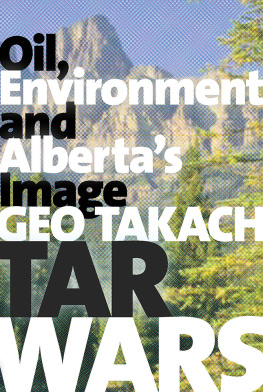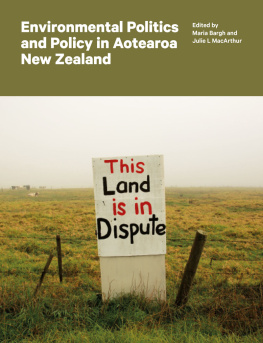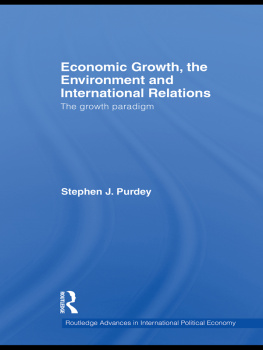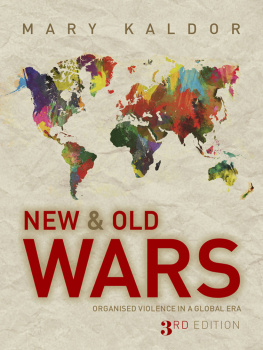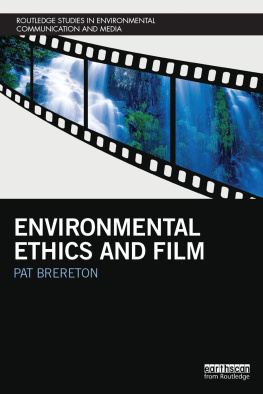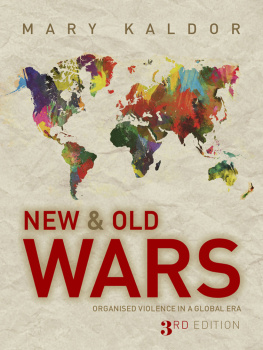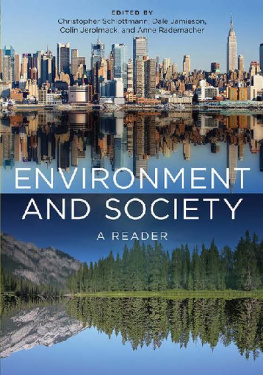Published by
The University of Alberta Press
Ring House 2
Edmonton, Alberta, Canada T6G 2E1
www.uap.ualberta.ca
Copyright 2017 Geo Takach
LIBRARY AND ARCHIVES CANADA CATALOGUING IN PUBLICATION
Takach, Geo, author.
Tar wars : oil, environment and Albertas image / Geo Takach.
Includes bibliographical references and index.
Issued in print and electronic formats.
ISBN 9781772121407 (paperback). ISBN 9781772122756 (EPUB). ISBN 9781772122763 (mobipocket). ISBN 9781772122770 (PDF)
1. Oil sands industryAlberta. 2. Oil sands industryEnvironmental aspectsAlberta. 3. Oil sands industrySocial aspectsAlberta. 4. Oil sands industryAlbertaPublic opinion. I. Title.
| HD9574.C23A54 2016 | 338.27282097123 |
| C20169028879 |
| C20169028887 |
First edition, rst printing, 2017.
First electronic edition, 2017.
Digital conversion by Transforma Pvt. Ltd.
Copyediting and proofreading by Meaghan Craven.
Cover design by Alan Brownoff.
All rights reserved. No part of this publication may be reproduced, stored in a retrieval system, or transmitted in any form or by any means (electronic, mechanical, photocopying, recording, or otherwise) without prior written consent. Contact the University of Alberta Press for further details.
The University of Alberta Press supports copyright. Copyright fuels creativity, encourages diverse voices, promotes free speech, and creates a vibrant culture. Thank you for buying an authorized edition of this book and for complying with the copyright laws by not reproducing, scanning, or distributing any part of it in any form without permission. You are supporting writers and allowing University of Alberta Press to continue to publish books for every reader.
The University of Alberta Press gratefully acknowledges the support received for its publishing program from the Government of Canada, the Canada Council for the Arts, and the Government of Alberta through the Alberta Media Fund.
This book has been published with the help of a grant from the Canadian Federation for the Humanities and Social Sciences, through the Awards to Scholarly Publications Program, using funds provided by the Social Sciences and Humanities Research Council of Canada.

To the inextinguishable inspiration of Martha Kostuch (19492008), environmentalist extraordinaire and exemplary embodiment of Maya Angelous belief that courage is the foundation of all other virtues.
Communication can be the very model of democracy, or the very method of its subversion.
GREGORY J. SHEPHERD & ERIC W. ROTHENBUHLER,
Communication and Community
Contents
Acknowledgements
APPRECIATING THAT IT TAKES a village to raise a bookand certainly the dissertation from which this one springsI thank an immense throng of instructors, scholars, librarians, university administrators, learning colleagues and personal supporters for helping to realize this adventure.
Special huzzahs extend to a gallant gaggle of scholars at the University of Calgary, led by Brian Rusted, George Melnyk, Aritha van Herk and Clem Martini (all personal heroes of mine), with contributions from Barbara Schneider, Ann Davis, Maria Bakardjieva, Wisdom Tetty, David Mitchell, David Taras, Doug Francis, Wayne McCready, Lorry Felske and, externally, Gerald White. The able administrative aid of Denise West-Spencer, Megan Freeman, Mimi Daniel, Jeannette Burman, Tess Murphy, Erin Coburn, Kristine Ennis and Samira Jaffer remains appreciated, along with the kinship and sage advice of Rebecca Carruthers Den Hoed, James Butler, Naor Cohen, Peter Zuurbier, Kris Shellska, Chaseten Remillard, Gillian Steward, Kwame Akufflo-Anoff and Todd Andre.
Singular gratitude gushes to my dear, southern harbour-keepers, Jawn Sojak and Debbie Macdonald. A special shout-out to Drake Dresen, my grand old chum, for his sage summitry.
I am intensely indebted to the remarkable filmmakers and professional communicators who generously shared their experiences, wisdom and insights for this study.
I thank my munificent fundersthe University of Calgary, the Social Sciences and Humanities Research Council of Canada, and MacEwan Universityand the unsung taxpayers whose labours fortify these fine institutions.
I am delighted to work with the team at the University of Alberta Press again, and continue to salute its ethos, professional excellence, anonymous peer-reviewers, press-committee members, funders and assigned editor, Meaghan Craven.
Finally, as ever, I resoundingly recognize and laud the unwavering sustenance, guidance and methodological majesty of Bonnie Sadler Takach.
The formidable support, teaching, intellect and/or creative work of these fabulous folks are as instructive and inspiring to me as I hope that this humble effort might begin to be to you.
The Problem of the Sands
Ecology Meets Industry, Albertan Style
BEYOND ITS TITANIC TECHNOLOGICAL CHARMS , life in our society today seems to focus increasingly on a different kind of conflict than the military escapades that marked our species slog through prior millennia. Since the Industrial Revolution mechanized and multiplied our plundering of Earths bounty to meet the needs of capitalism, our ecological consciousness has asserted itself in dribs and drabs, in landmarks like John Stuart Mills linking societal demise to the overexploitation of natural resources in the eighteenth century, the idealization of nature by Romantics such as Henry David Thoreau a century later, and the environmental movement said to be triggered by Rachel Carsons Silent Spring
More recently, the rising profile of ecological concerns in the face of our ever-accelerating demands on Earths resources, aided by a torrent of innovations in science and communication, has placed the snowballing social movement in the heated crosshairs of powerful interests That this clash of economy versus environment is built on a foundation as remote from reality as the Ancient Greek myth of the winged horse, Pegasus, compounds the tragedyand begs ironic extensions of that simile involving rhetorical droppings on the public below.
Our society has elevated and even celebrated economic growth as its prime directive. Nations measure their value according to their annual production of material goods (conveniently measurable in US dollars), rather than, say, the well-being of their natural and constructed environments and all living residents, whether human or not. (A notable exception, the tiny Buddhist state of Bhutan, has adopted Gross National Happiness (GNH) as its benchmark, audaciously bypassing the Western, sacred cowpie of people as consumers rather than citizens. GNH is founded on a holistic approach towards notions of progress, sustainable development that equally privileges non-economic aspects of well-being.
Alas, the undeniable (and flightless) elephant in the room is that endless growth, charmingly called biggering by Dr. Seuss a generation ago, Despite her ample generosity, Mother Earth only has so much fresh air, water, land and non-human life for us to commandeer. Yet we continue to treat the natural world as our limitless plunder pit, while serving the deceptive idol of growth and exacerbating its dramatically rising social, economic and particularly environmental injustices. Inertia is a formidable force in any system, and the privileged, relative few who are well-served by global capitalism have invested tanker loads in riding the one-trick pony of fossil-fuel extraction into the ground, consequences be damned. Still, the undeniable tension, popularly framed as an all-or-nothing conflict between economic development and environmental protection, gathers steam, to all degrees of noxiousness.
Next page
